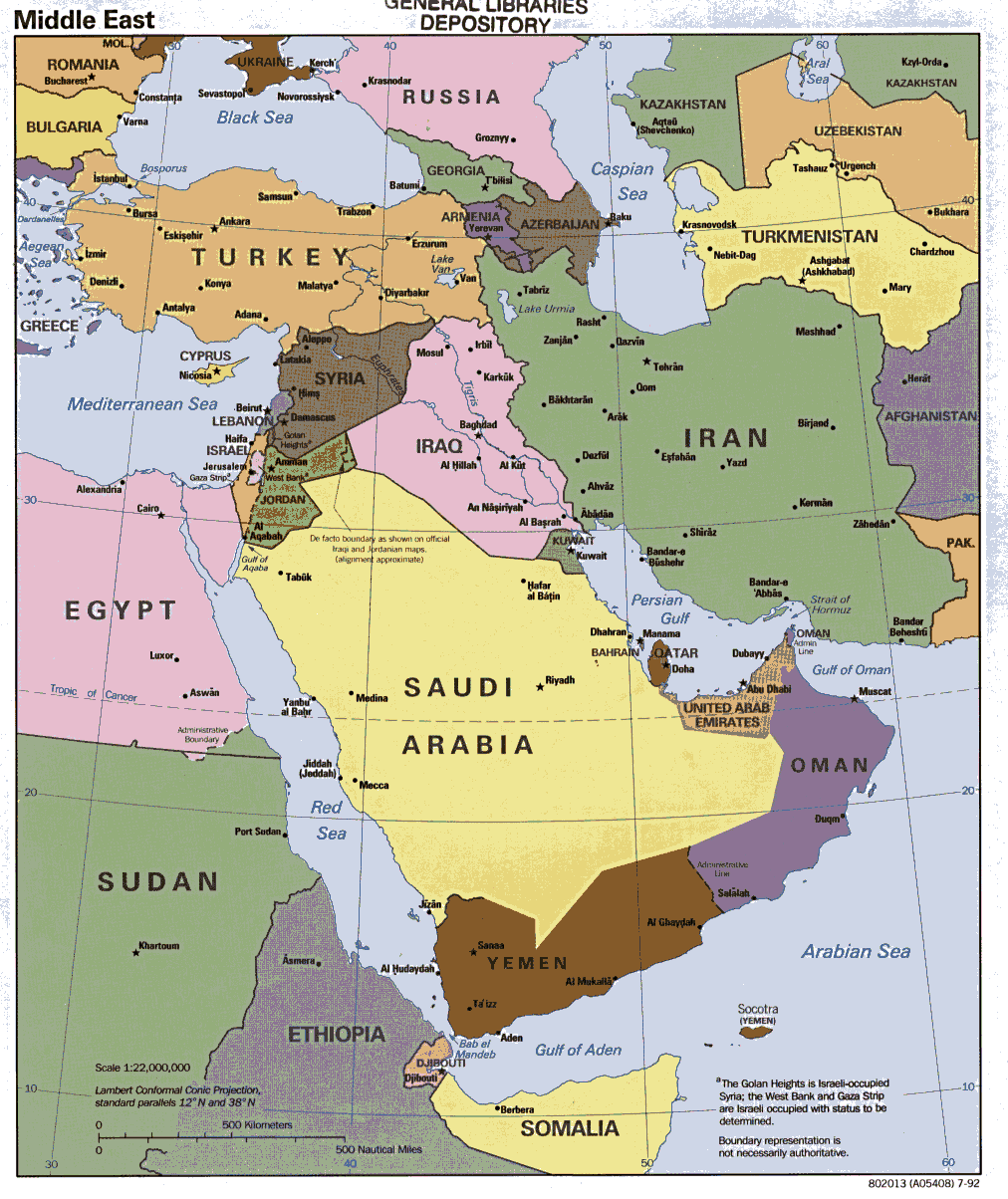Saudi Arabia started off the new year by executing 47 people in a single day, many of them convicted as terrorists affiliated with al-Qaeda and involved in terror attacks during 2003-2006. One of the condemned was a Shia cleric named Nimr al-Nimr, who was convicted of “seeking ‘foreign meddling’ in the kingdom, ‘disobeying’ its rulers, and taking up arms against the security forces”. These charges are perceived as trumped up, give al-Nimr’s tendency to espouse non-violence. He has been a vocal critic of the Saudi government, particularly of the government’s alleged maltreatment of the Shia minority present in large concentrations in the eastern portion of the country. He was arrested for his involvement in major protests in 2011-2012.
-Al-Nimr
Al-Nimr’s execution was not taken well in Iran. Protesters in Tehran, Iran attacked the Saudi embassy after hearing the news. The Saudi government quickly moved to sever diplomatic ties with Iran in retaliation for the embassy attack, blaming the Iranian government for instigating the attack. It is unlikely that the Iranian government ordered the attacks on the embassy, and they were quick to order police investigations into the attack. The government stood to gain nothing but a diplomatic incident, which is exactly what happened. Loyalties were quickly called out, and many Arab League nations fell in line with Saudi Arabia and started either severing diplomatic ties or recalling diplomats. Bahrain, the United Arab Emirates, Sudan, Djiouti, Turkey, and Jourdan have all come out in opposition to Iran. On the other side, the Shia Houthi faction in Yemen, Hezbollah in Lebanon, and Syria have come out in support of Iran. Iraq has offered to try and mediate the grievances between the two nations.
Much as the Catholic-Protestant schism acted as a line of demarcation political conflict in 16th and 17th century Europe, the Sunni-Shia schism acts similarly in the contemporary Middle East.


